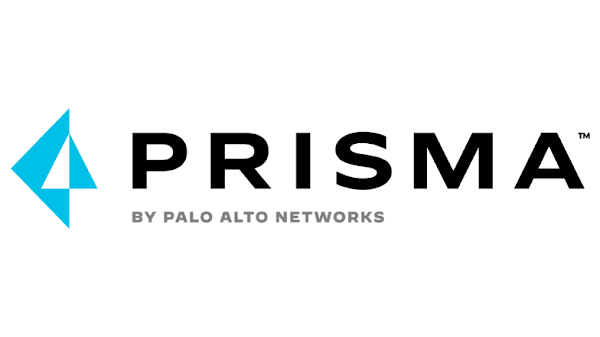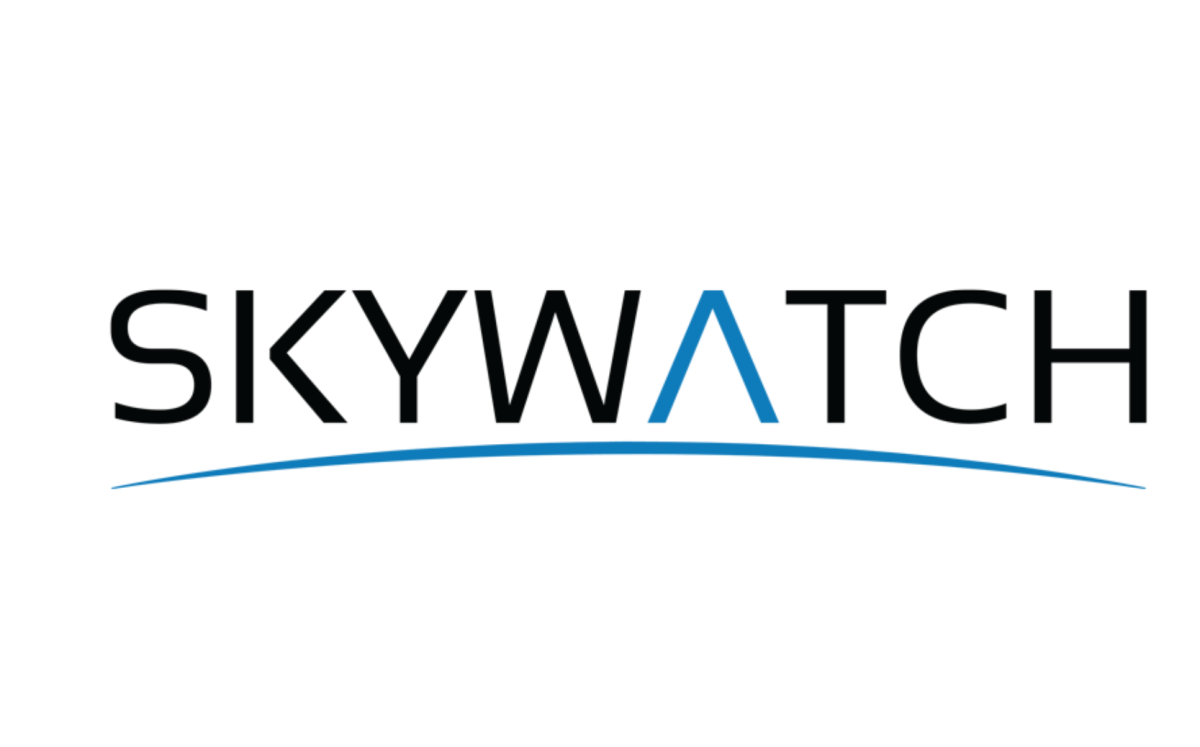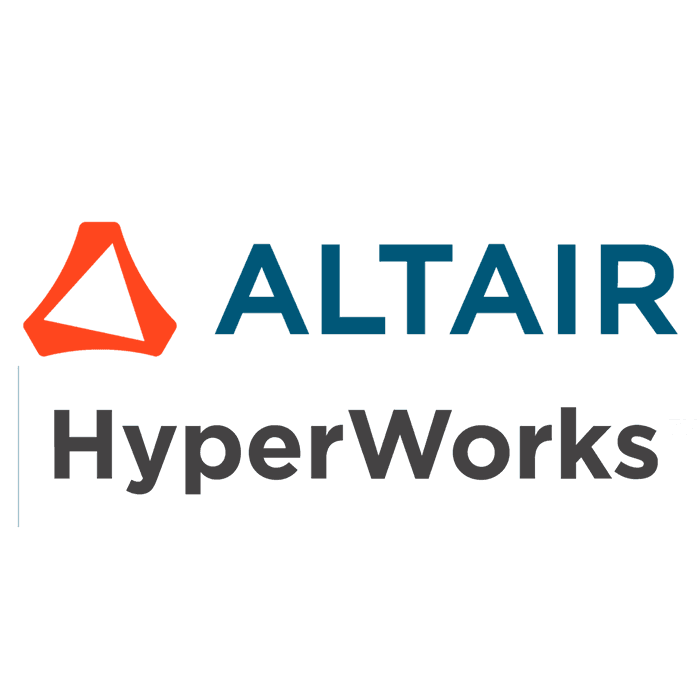
Palo Alto Networks Prisma Cloud is a comprehensive cloud security platform designed to secure applications, data, and infrastructure across multi-cloud and hybrid environments. It offers advanced protection for public cloud deployments, including Amazon Web Services (AWS), Microsoft Azure, Google Cloud, and private cloud environments. Prisma Cloud provides a wide range of features, including cloud security posture management (CSPM), cloud workload protection (CWP), container security, serverless security, identity and access management (IAM), and network security.
For defense organizations, government agencies, and defense contractors, Prisma Cloud ensures that critical cloud-based applications and data are secure from evolving cyber threats. It provides real-time visibility, risk detection, and compliance enforcement to protect sensitive data and maintain operational integrity in cloud environments.
Cloud Security Posture Management (CSPM): Prisma Cloud provides CSPM tools that continuously monitor cloud environments for misconfigurations, compliance violations, and potential risks. For defense contractors and government agencies, CSPM ensures that cloud resources remain secure and compliant with security standards such as NIST, CMMC, and FedRAMP.
Cloud Workload Protection (CWP): Prisma Cloud offers cloud workload protection across virtual machines, containers, and serverless workloads. It provides runtime protection, vulnerability management, and host security, safeguarding defense applications and sensitive data from cyber threats.
Container and Kubernetes Security: Prisma Cloud integrates with Docker, Kubernetes, and other container orchestration platforms, providing full-lifecycle security for containerized applications. This includes image scanning, runtime protection, and compliance enforcement, ensuring defense systems deployed in containers are secure from build to production.
Serverless Security: With serverless computing growing in popularity, Prisma Cloud secures serverless functions such as AWS Lambda, Azure Functions, and Google Cloud Functions. It helps detect vulnerabilities, enforce security policies, and prevent threats targeting serverless environments used by defense organizations.
Identity and Access Management (IAM) Security: Prisma Cloud includes IAM security features to manage access controls and ensure that only authorized users can access sensitive resources. It monitors identity permissions and enforces least-privilege policies, which are critical for maintaining control over classified data and cloud infrastructure in defense environments.
Network Security: Prisma Cloud offers network visibility and threat detection for cloud-native environments, identifying unusual traffic patterns and potential attacks. It integrates with network firewalls, intrusion prevention systems (IPS), and web application firewalls (WAF) to secure defense and government cloud infrastructures.
Compliance and Governance: Prisma Cloud provides automated compliance monitoring and reporting, ensuring that defense contractors and government agencies meet regulatory requirements. It supports a wide range of standards, including NIST, GDPR, HIPAA, PCI DSS, and CMMC, making it easier to maintain compliance across multi-cloud environments.
Threat Detection and Response: Prisma Cloud’s threat intelligence and AI-driven analytics identify and respond to suspicious activity and vulnerabilities in real-time. This helps defense organizations detect breaches early, reduce response times, and prevent attackers from accessing critical cloud resources.
Cloud Security for Defense Contractors: Defense contractors rely on Prisma Cloud to secure cloud-based applications, infrastructure, and data in compliance with CMMC and DFARS requirements. It helps ensure that all cloud workloads, whether on AWS, Azure, or private clouds, are protected against cyber threats.
Government Cloud Security: Prisma Cloud is widely used by government agencies to secure public and private cloud environments that host sensitive or classified data. Its CSPM and compliance enforcement features help agencies meet stringent security requirements, such as FedRAMP and FISMA.
Critical Infrastructure Protection: For defense organizations managing critical infrastructure in the cloud, Prisma Cloud provides workload protection, IAM security, and network security to ensure that vital systems remain operational and protected from cyberattacks.
DevSecOps in Defense Projects: Prisma Cloud integrates with DevOps pipelines to provide DevSecOps capabilities, ensuring that security is embedded into the software development lifecycle. Defense contractors use it to ensure that applications are secure from development to deployment, reducing vulnerabilities in mission-critical systems.
Supply Chain Security: Prisma Cloud helps secure the cloud environments of defense contractors and their supply chains, providing end-to-end visibility and protection for all interconnected systems. This is essential to prevent third-party vulnerabilities from compromising national security.
Multi-Cloud Environment Management: Defense agencies and contractors often use multiple cloud providers, and Prisma Cloud allows them to manage security across multi-cloud environments efficiently. It ensures consistent security policies, compliance enforcement, and threat detection across all platforms.
Comprehensive Cloud Security: Prisma Cloud provides end-to-end security for all cloud environments, protecting everything from workloads to containers and serverless applications. This comprehensive coverage is critical for defense organizations managing sensitive applications in the cloud.
Real-Time Threat Detection: Prisma Cloud’s AI-driven threat detection capabilities ensure that potential vulnerabilities, misconfigurations, and attacks are identified in real time. This helps defense organizations and government agencies respond to cyber threats before they can compromise mission-critical systems.
Automated Compliance Enforcement: Prisma Cloud simplifies compliance by providing automated enforcement of security policies and continuous monitoring of cloud resources. This ensures that defense contractors and government agencies remain compliant with industry standards like CMMC, NIST, and FedRAMP.
Scalability for Large-Scale Operations: Prisma Cloud is designed to scale with multi-cloud environments, making it suitable for defense organizations managing large, distributed systems across multiple cloud providers. Its ability to scale effortlessly ensures that security remains robust as organizations expand their cloud footprint.
Integrated DevSecOps: By integrating security into DevOps pipelines, Prisma Cloud helps defense contractors adopt DevSecOps practices, ensuring that applications are secure from development through production. This minimizes security risks associated with cloud-based application deployment.
Reduced Complexity with Centralized Management: Prisma Cloud provides centralized management of security policies and compliance across multiple cloud platforms, reducing the complexity of managing cloud security. Defense organizations benefit from a unified security strategy, improving visibility and reducing risks.
Enhanced Identity Security: Prisma Cloud enforces least-privilege access and monitors all identity and access management (IAM) activity to prevent unauthorized access to sensitive data. This is essential for defense contractors and agencies protecting classified information and cloud workloads.
Palo Alto Networks Prisma Cloud is a comprehensive SaaS platform that provides real-time cloud security for defense contractors, government agencies, and military organizations. Its advanced features, including CSPM, cloud workload protection, identity security, and compliance enforcement, ensure that sensitive data, critical applications, and cloud infrastructures are protected from evolving cyber threats. Prisma Cloud’s multi-cloud scalability, AI-driven threat detection, and integration with DevSecOps pipelines make it a vital tool for organizations managing complex and distributed cloud environments in the defense sector.

SkyWatch EarthCache is a satellite data delivery platform that simplifies access to earth observati…

Altair HyperWorks is a comprehensive simulation platform designed for product development across mu…

LeoLabs provides advanced space situational awareness (SSA) services and real-time tracking of obje…